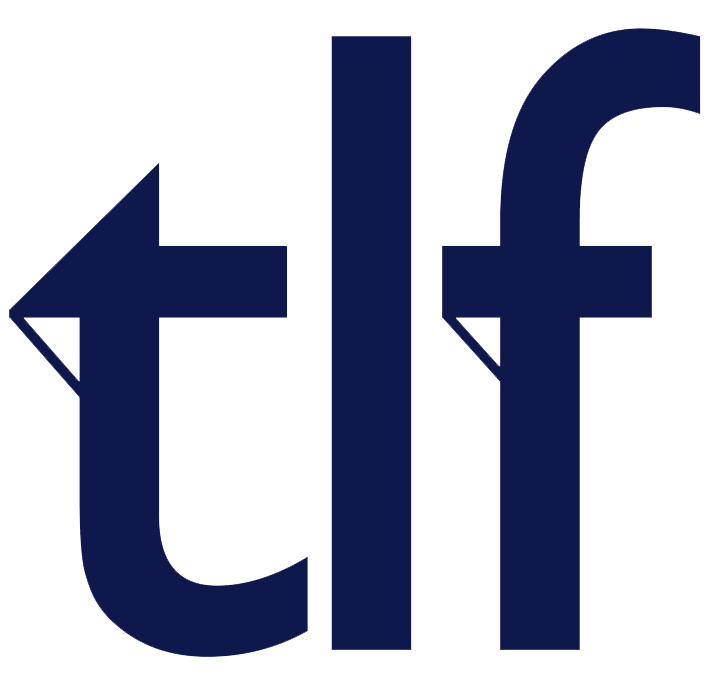Streaming Wars: The Billion-Dollar Battle for Sports Rights
The Major Players
In the dynamic realm of digital media, the race to stream professional sports has evolved into a high-stakes arena. Notably, Amazon, Apple, ESPN, and NBCUniversal have strategically positioned themselves, competing for lucrative contracts and driving the value of these deals to unprecedented heights. Amazon's Prime Video, for instance, has aggressively ventured into the sports domain, securing contracts for Thursday Night Football and Premier League soccer matches. Apple's Apple TV+ has made significant strides with its entry into Major League Baseball through Friday Night Baseball, and its recent acquisition of Major League Soccer rights is a testament to its unwavering commitment. ESPN, under Disney, remains a formidable force with its ESPN+ service, offering a diverse range of sports content. NBCUniversal's Peacock has also made its mark, securing a variety of sports, including Premier League soccer and the Olympics.
As these industry giants continue to compete, it not only escalates the value of streaming deals but also promises to transform how fans engage with sports, making every game more accessible and immersive.
Economic and Legal Implications of the NBA Deal
The NBA's proposed $76 billion deal over 11 years is a clear indicator of the immense financial stakes in sports streaming. While still under negotiation, this deal is poised to have far-reaching economic implications. For the NBA, it could mean a substantial increase in revenue, leading to higher salaries and potentially fostering more competitive balance within the league. The opportunity to secure NBA coverage for broadcasters and streaming services also presents significant advertising and sponsorship avenues, attracting a highly engaged audience. However, it's important to note that the need for multiple subscriptions to access desired content could potentially lead to a fragmented viewing experience and increased subscription costs.
The negotiations involve complex contract discussions, often entailing exclusive arrangements, revenue sharing, and content distribution clauses. Legal experts must ensure compliance with antitrust laws to prevent monopolistic practices that could harm consumer interests, and intricate licensing agreements must clearly outline the scope of the coverage granted, including the platforms on which content can be distributed, geographic limitations, and contract duration. New data privacy and security concerns also arise as streaming platforms collect vast amounts of user data to enhance the viewing experience and tailor content recommendations.
Ultimately, this deal will reshape the financial and legal landscape of sports broadcasting, setting new standards for future negotiations and consumer experiences.
Technological Advancements and Future Trends
The battle is not just about securing content; it's also about leveraging technology to enhance the viewing experience. Platforms are investing in 4K streaming, virtual reality (VR), and augmented reality (AR) to provide a more immersive experience. These technologies offer the potential for fans to feel like they're part of the action, enhancing their enjoyment of the game. However, they also pose challenges, such as the need for high-speed internet connections and the potential for increased costs for streaming services. Data analytics help us understand viewer preferences and optimize content delivery, enabling personalized recommendations and predicting popular matchups. Interactive features like real-time stats, in-game betting, and social media integration are becoming standard, keeping viewers engaged and creating a community around live events.
We also look at trends that will likely shape the future of sports broadcasting. We may see more
partnerships between traditional broadcasters and tech companies, combining strengths in content 2
creation and technological innovation. Streaming services are increasingly looking beyond the U.S. market, targeting global audiences. This global expansion could lead to increased revenue for streaming services and more diverse content for viewers. The NBA is a prime example of a league that benefits from global streaming deals, as it has a large international fan base. Beyond live games, streaming platforms invest in related content such as documentaries, behind-the-scenes footage, and original programming, keeping fans engaged between games and attracting a broader audience.
The focus will increasingly shift to fan-centric innovations, with platforms catering to individual preferences and enhancing overall enjoyment.
Conclusion
This bidding war for professional sports streaming rights represents a pivotal moment in the evolution of digital media. With billions of dollars at stake and the potential to reshape how fans consume sports, the battle is far from over. It’s not just a competition for market share but sets the stage for the future of sports broadcasting. As technology advances and viewer preferences evolve, the landscape of sports streaming will undoubtedly undergo significant transformations, promising an exciting future for fans worldwide.
